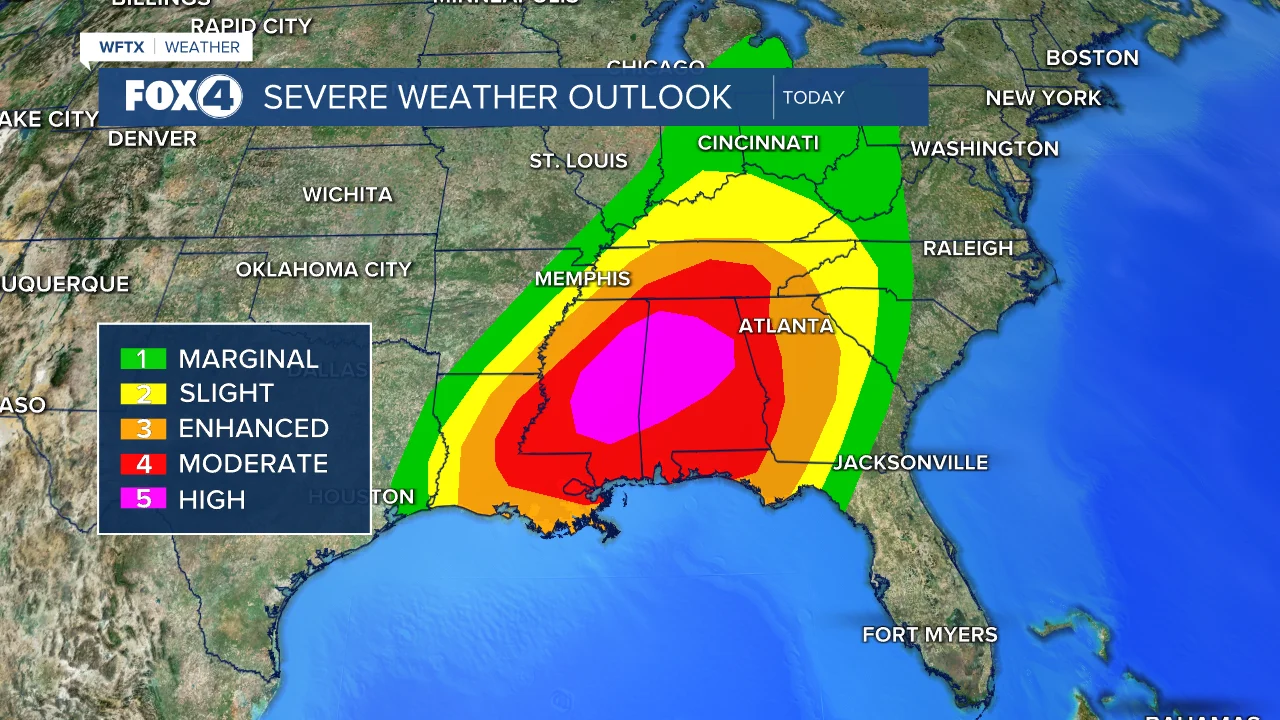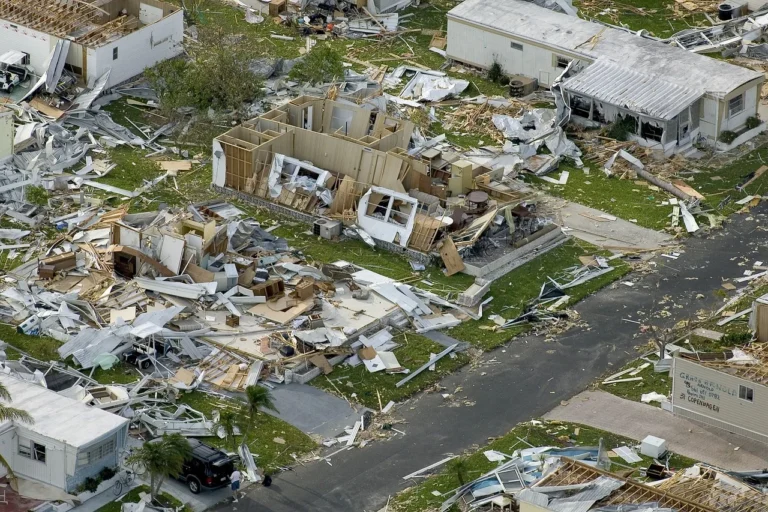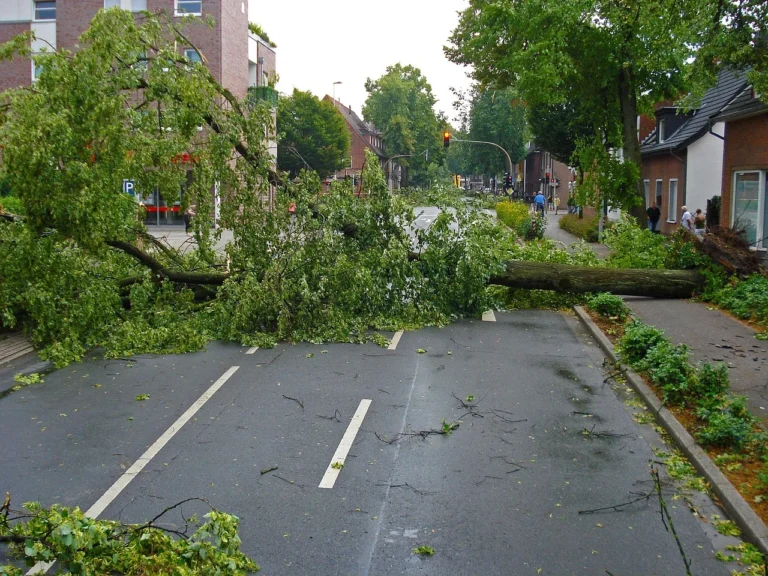Understanding Fort Myers Weather: A Year-Round Guide
Understanding Fort Myers Weather: What You Need to Know
Have you ever wondered what the weather is like in Fort Myers? What can you expect in terms of temperature, rainfall, and seasonal changes? Whether you’re considering a visit or planning a move, understanding the climate in Fort Myers is key to making the most of your experience in this sunny Florida city. Let’s dive into what Fort Myers weather is all about!
The Climate Overview of Fort Myers
Fort Myers is located in Southwest Florida, boasting a tropical rainforest climate. This means you’ll encounter warm temperatures year-round, with a distinct wet and dry season. The average high temperature can range from the mid-70s in winter to the mid-90s during the hottest summer months. The subtropical climate makes this area appealing for visitors and residents alike, attracting those who enjoy sunny weather.
Related: When to Catch the Sunset: Fort Myers’ Daily Glow
Seasonal Breakdown: What You Can Expect
Winter (December to February)
Temperature: Winter in Fort Myers is arguably the most pleasant time of the year, with daytime highs typically in the 70s and 80s. Nighttime temperatures can drop to the low 50s.
Rainfall: This season experiences minimal rainfall, making it ideal for outdoor activities. With clear skies and gentle breezes, winter is a popular time for tourists heading to the beaches.
Spring (March to May)
Temperature: Spring sees temperatures gradually rising, with average highs reaching the low 90s by May.
Rainfall: This season marks the beginning of increased precipitation, especially in late spring. However, this usually occurs in the form of short afternoon thunderstorms that clear quickly.
Summer (June to August)
Temperature: Summers are hot and humid, with highs often reaching the mid-90s. With the humidity, it can feel even warmer, so staying hydrated is essential.
Rainfall: Summer is the wet season, and rain showers are frequent. These storms usually roll in during the afternoon and can sometimes lead to heavy rainfall, but they often pass quickly.
Fall (September to November)
Temperature: Fall sees a gradual decrease in temperature, with highs around the mid-80s by November.
Rainfall: Early fall can still be quite rainy, but as the season progresses, you can expect clearer skies and less humidity.
The Role of Humidity
Humidity is a significant factor in Fort Myers weather, especially during the summer months. The air can feel sticky and heavy, which may be uncomfortable for some people. Keeping hydrated, staying in shaded areas, and scheduling outdoor activities for cooler parts of the day can help you cope with the humidity.
Must Read: Set Sail for the 53rd Annual Fort Myers Boat Show: November 13-16, 2025
Preparing for Weather Changes
Whether you’re planning a trip or considering relocating to Fort Myers, preparation is vital. Here are some practical tips:
-
- Pack Appropriately: Light, breathable clothing is ideal for hot days, while a light jacket can be useful for cooler winter evenings.
-
- Watch the Forecast: Keep an eye on daily weather reports, especially during the summer months when rain can be unpredictable.
-
- Stay Informed: Understanding the potential for tropical storms and hurricanes is crucial, particularly during hurricane season from June 1 to November 30.
Activities Based on the Weather
No matter the season, Fort Myers offers plenty of activities for all weather conditions. Here are some suggestions:
-
- Beach Days: With beautiful sandy shores and warm waters, beaches are a must in the spring and winter.
-
- Outdoor Excursions: Visit the many parks, nature preserves, and wildlife refuges to experience Florida’s natural beauty.
-
- Rainy Day Options: If you’re caught in a summer storm, consider indoor attractions like the Imaginarium Science Center or local museums.
Related: Discover the Hidden Gems: Best Attractions Near Fort Myers Airport
Conclusion
Fort Myers is a gem of a destination with its inviting climate and a plethora of activities. Understanding its weather patterns can help you make the most of your time here, whether you’re soaking up the sun on the beach or exploring nature trails. We encourage you to share your experiences and any questions about Fort Myers weather in the comments below!
Frequently Asked Questions
1. What is the best time to visit Fort Myers?
The best time to visit Fort Myers is during the winter months, from December to February, when the weather is mild and pleasant.
2. Does it rain a lot in Fort Myers?
Fort Myers experiences a distinct wet season in summer, with frequent afternoon thunderstorms but generally less rainfall during winter and spring.
3. How humid does it get in Fort Myers?
Humidity can be high, especially in summer, making it feel hotter. It’s essential to stay hydrated during these months.
4. Is there a hurricane season in Fort Myers?
Yes, hurricane season runs from June 1 to November 30. It’s crucial to monitor weather updates during this time if you’re in the area.
5. What should I wear in Fort Myers during the summer?
Light, breathable clothing is recommended during the summer months due to the heat and humidity. Don’t forget sunscreen and a hat!
Trusted Sources
Feel free to reach out with any further questions or insights about Fort Myers weather!







